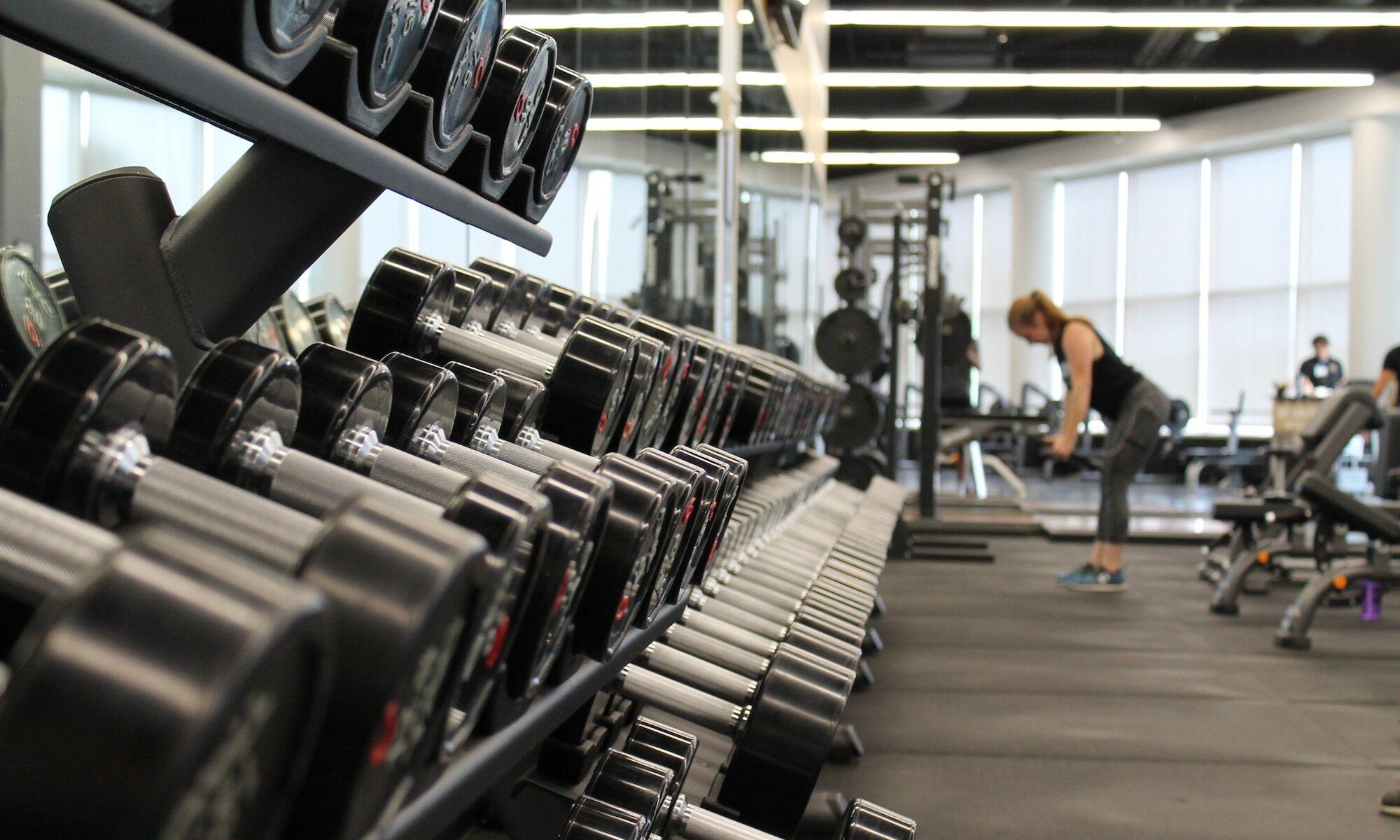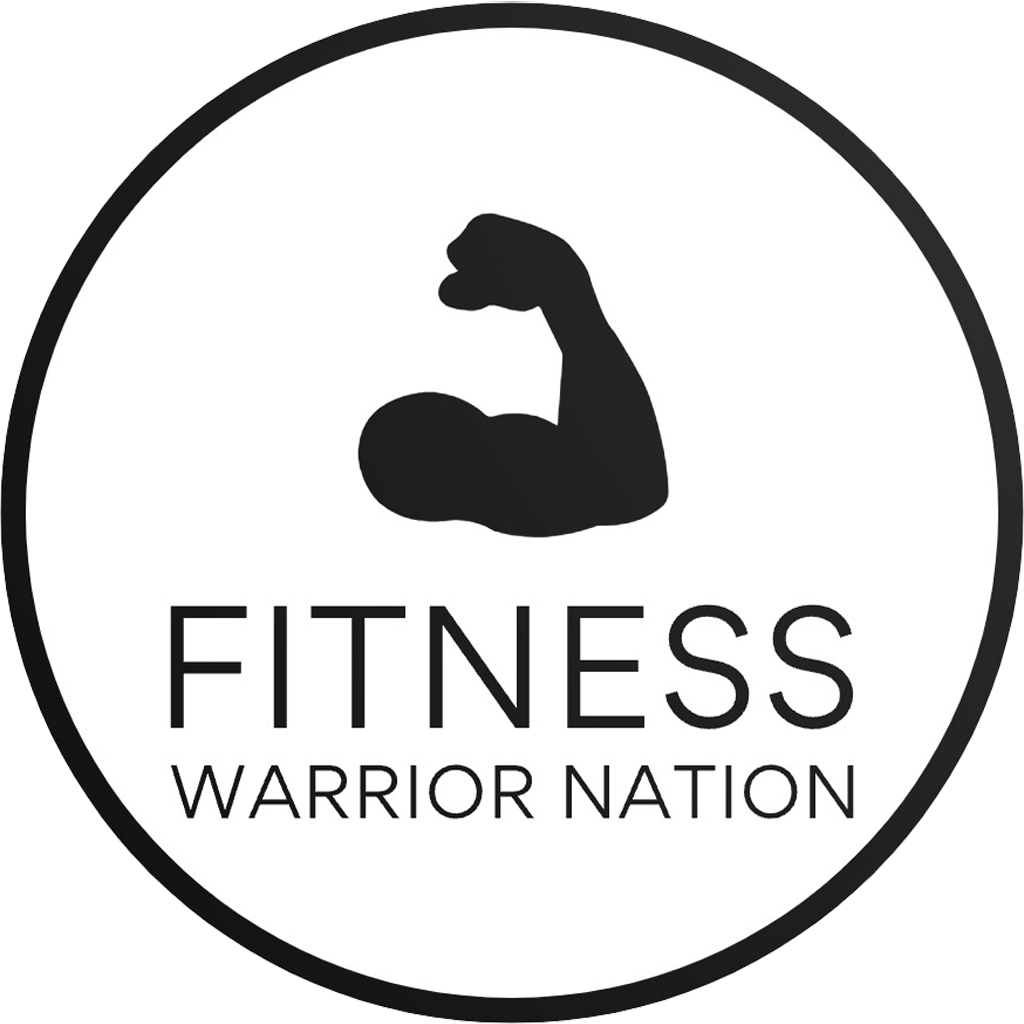Learn how nutrition impacts your workouts and discover tips to optimize your fitness journey. Fuel your body right to train hard and reach your goals effectively.
Welcome to an insightful article that will give you valuable tips on how to optimize your workouts through proper nutrition. By fueling your body with the right foods, you can enhance your performance, improve your recovery, and achieve your fitness goals more effectively. Whether you are a seasoned athlete or just starting your fitness journey, the impact of nutrition on your workouts is not to be underestimated. Let’s explore the importance of eating right to train hard. Have you ever wondered why some days you feel unstoppable during your workouts, while other days you struggle to find the energy to even get started? The answer may lie in what you’re eating. Nutrition plays a crucial role in your fitness journey, affecting everything from your energy levels to your muscle recovery. In this article, we’ll dive deep into how the food you eat impacts your workouts and discover some tips on how to make the most out of your training sessions. So grab a healthy snack, sit back, and let’s explore the world of nutrition and fitness together!
The Basics of Nutrition and Fitness
Hey there, fitness enthusiast! Before we delve into the nitty-gritty details, let’s start with the basics. Nutrition is the process of providing or obtaining the food necessary for health and growth. When it comes to fitness, proper nutrition fuels your body to perform at its best during workouts and aids in muscle recovery and growth. Think of food as fuel for your body – just like a car needs gas to run smoothly, your body needs the right nutrients to power through your workouts.
Macronutrients: The Building Blocks of Nutrition
Alright, let’s talk about macronutrients – the three major nutrients that provide energy and support various bodily functions. These macronutrients are carbohydrates, proteins, and fats. Carbohydrates are your body’s primary source of energy, proteins help with muscle repair and growth, and fats play a role in hormone production and nutrient absorption.
Micronutrients: The Little Helpers
Micronutrients are essential vitamins and minerals that your body needs in smaller amounts to function optimally. These nutrients play a crucial role in various bodily processes, such as immune function, energy production, and bone health. Ensuring you get an adequate amount of micronutrients is key to supporting your overall well-being and fitness goals.
Pre-Workout Nutrition: Fuel Up for Success
Ready to crush your workout? Proper pre-workout nutrition can make all the difference in how you feel and perform during exercise. Fueling your body with the right nutrients before a workout can help increase your energy levels, improve your endurance, and enhance your overall performance. Here are some tips for pre-workout nutrition success:
Timing Is Key
It’s important to time your pre-workout meal or snack properly to ensure that your body has enough fuel to power through your workout. Aim to eat a balanced meal containing carbohydrates, proteins, and fats 2-3 hours before exercising. If you’re short on time, opt for a smaller snack 30 minutes to an hour before your workout.
Hydrate, Hydrate, Hydrate
Staying hydrated is crucial for optimal performance during your workout. Make sure to drink plenty of water throughout the day leading up to your training session. Aim to drink at least 16-20 ounces of water 2-3 hours before your workout and an additional 8-10 ounces 15-30 minutes prior to exercise.
Choose the Right Foods
When it comes to pre-workout nutrition, focus on consuming easily digestible foods that provide a good balance of macronutrients. Opt for complex carbohydrates like whole grains, lean proteins such as chicken or tofu, and healthy fats like avocados or nuts. Some pre-workout snack ideas include a banana with almond butter, Greek yogurt with berries, or a turkey and cheese wrap.
During-Workout Nutrition: Stay Fueled and Hydrated
As you’re sweating it out at the gym or out on a run, it’s important to stay fueled and hydrated. Proper during-workout nutrition can help you maintain your energy levels, prevent fatigue, and optimize your performance. Here are some tips to keep you going strong during your workout:
Hydrate Regularly
Sip on water or a sports drink throughout your workout to stay hydrated and replace fluids lost through sweat. Aim to drink 7-10 ounces of fluid every 10-20 minutes during exercise, especially if you’re engaging in high-intensity or prolonged activity.
Fuel Up with Quick Carbs
If you’re engaging in endurance exercise lasting longer than 60 minutes, it may be beneficial to consume quick-digesting carbohydrates to maintain your energy levels. Sports drinks, gels, or energy chews are great options for quick fuel during prolonged workouts. Make sure to experiment with different products during training to find what works best for you.
Listen to Your Body
Everyone’s nutritional needs during a workout are different, so it’s essential to listen to your body and adjust accordingly. Pay attention to your energy levels, hunger cues, and overall performance to determine if you need additional fuel or hydration. Experiment with different foods and drinks to find what fuels you best during exercise.
Post-Workout Nutrition: Refuel and Recover
Congratulations on finishing your workout! Now it’s time to focus on post-workout nutrition to refuel your body, promote muscle recovery, and maximize your results. What you eat after a workout plays a significant role in replenishing energy stores, repairing muscle damage, and supporting growth. Here are some tips for effective post-workout nutrition:
Refuel with Protein and Carbs
After a workout, your body needs the right combination of protein and carbohydrates to kickstart the recovery process. Protein helps repair and build muscle tissue, while carbohydrates replenish glycogen stores and provide energy. Aim to consume a post-workout meal or snack within 30 minutes to an hour after exercise to maximize recovery.
Hydrate and Replenish Electrolytes
In addition to protein and carbohydrates, hydration is crucial for recovery after a workout. Replenish lost fluids and electrolytes by drinking water or a sports drink post-exercise. Electrolytes like sodium, potassium, and magnesium help regulate fluid balance, muscle function, and nerve signaling.
Don’t Forget About Micronutrients
While it’s essential to focus on macronutrients like protein and carbohydrates post-workout, don’t neglect the importance of micronutrients. Vitamins and minerals play a crucial role in muscle recovery, immune function, and overall health. Incorporate nutrient-dense foods like fruits, vegetables, whole grains, and lean proteins into your post-workout meals to ensure you’re getting a good mix of micronutrients.
Supplementing Your Nutrition: What You Need to Know
Supplements can be a helpful addition to your nutrition plan, but they should not replace whole foods. If you’re considering adding supplements to your routine, it’s essential to do your research, consult with a healthcare professional or registered dietitian, and choose high-quality products. Here are a few popular supplements that are commonly used in conjunction with workouts:
Protein Powders
Protein powders are a convenient and quick way to increase your protein intake, especially for those who struggle to meet their protein needs through whole foods alone. Whey protein, casein protein, and plant-based protein powders are popular choices among fitness enthusiasts.
Creatine
Creatine is a compound that helps produce energy during high-intensity exercise and may enhance muscle growth, strength, and endurance. It’s commonly used by athletes and bodybuilders to improve performance in short, high-intensity activities like weightlifting or sprinting.
BCAAs (Branched-Chain Amino Acids)
BCAAs are essential amino acids that play a role in muscle repair, growth, and fatigue reduction. They’re often taken before or during a workout to help maintain muscle mass and improve exercise performance. BCAAs can be found in supplement form or naturally in foods like meat, dairy, and legumes.
Pre-Workout Supplements
Pre-workout supplements are designed to boost energy, focus, and endurance during exercise. These supplements typically contain ingredients like caffeine, beta-alanine, and creatine to enhance performance and delay fatigue. Be cautious when using pre-workout supplements and check the ingredients for any potential adverse effects.
Practical Tips for Healthy Eating and Fitness Success
Now that you have a better understanding of how nutrition impacts your workouts, let’s wrap things up with some practical tips for healthy eating and fitness success. Implementing these strategies into your routine can help you reach your fitness goals, improve your performance, and feel your best both inside and out.
Plan and Prep Your Meals
One of the keys to maintaining a healthy diet is planning and preparing your meals in advance. Set aside time each week to plan your meals, create a grocery list, and prep healthy snacks and meals for the week ahead. Having nutritious foods readily available makes it easier to make healthy choices and avoid reaching for processed or unhealthy options.
Listen to Your Body’s Hunger Cues
Tune in to your body’s hunger and fullness signals to ensure you’re eating when you’re hungry and stopping when you’re full. Pay attention to how different foods make you feel and adjust your diet based on your energy levels, cravings, and overall well-being. Remember, it’s all about finding a balance that works for you.
Aim for Balance and Variety
Strive to eat a balanced diet that includes a variety of foods from all the food groups. Incorporate colorful fruits and vegetables, whole grains, lean proteins, and healthy fats into your meals to ensure you’re getting a good mix of essential nutrients. Don’t be afraid to try new foods and experiment with different recipes to keep your meals exciting and flavorful.
Practice Mindful Eating
Slow down and savor your meals by practicing mindfulness while eating. Focus on the flavors, textures, and aromas of your food, and pay attention to your body’s hunger and fullness cues. Avoid distractions like screens or multitasking while eating, and take the time to enjoy and appreciate your food.
Stay Consistent and Be Patient
Remember that healthy eating and fitness are a journey, not a sprint. Stay consistent with your nutrition and exercise habits, and be patient with yourself as you work towards your goals. Celebrate your progress and small victories along the way, and remember that sustainable changes take time to see results.
Seek Support and Accountability
Don’t be afraid to reach out for support and accountability on your fitness journey. Whether it’s enlisting the help of a workout buddy, joining a fitness community, or working with a nutrition coach, having a support system can make a significant difference in your success. Surround yourself with positive influences that motivate and encourage you to be your best self.
Final Thoughts
Phew, you made it through the whole article – congratulations! We’ve covered a lot of ground when it comes to how nutrition impacts your workouts and shared some valuable tips for optimizing your fitness journey. Remember, what you eat plays a crucial role in how you feel, perform, and recover during your workouts.
By fueling your body with the right nutrients, staying hydrated, and prioritizing post-workout recovery, you can set yourself up for success in reaching your fitness goals. Experiment with different foods, supplements, and strategies to find what works best for you, and don’t forget to listen to your body and adjust your nutrition plan accordingly.
Keep making healthy choices, stay committed to your fitness routine, and enjoy the journey of becoming the best version of yourself. Here’s to fueling your workouts, nourishing your body, and achieving your fitness dreams. You’ve got this!


